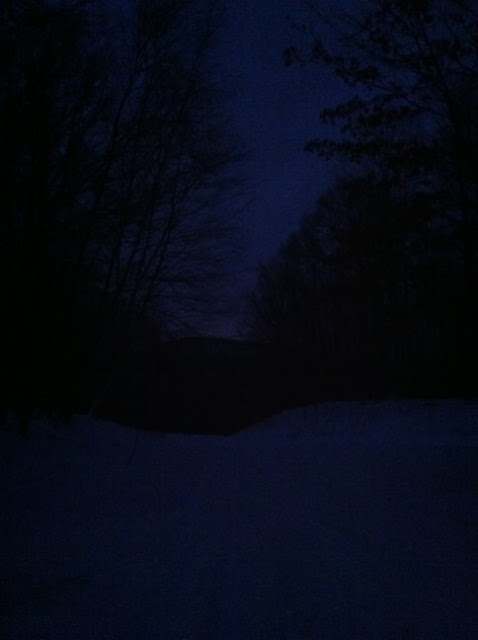Dear Friends of the North American Schelling Society,
Please see the following email from Dr. Iain Grant, no doubt well known to you all. We would be appreciative if members of the NASS community could voice their support for the continuation of philosophy at UWE by emailing the contacts below. Dr. Grant and UWE have been integral to the growth in Schelling studies in English, and the closure of philosophy at UWE would be devastating to us all.
Thank-you,
The NASS Executive
---
The Philosophy team at UWE, Bristol were recently called to a meeting at which it was announced that the university is initiating a process to close the Philosophy BA and BA with Foundation Year. The intention is that there will be an intake this year (2020) onto level 1, but that no students will be admitted to the programme after that, and no foundation students will be admitted in 2020. We are shocked and saddened that the university is moving towards the closure of philosophy.
We believe we offer a distinctive and innovative philosophy programme, with excellent research led teaching. This is reflected in how much our students value the course, which our outstanding National Student Survey scores testify to. The closure of UWE philosophy would be a great loss to prospective students, to the university, and to the wider intellectual community in which philosophy plays such an important role. We are therefore challenging the planned closure and urging the Vice Chancellor to stop the closure process and to maintain the Philosophy programme at UWE, Bristol. We are hopeful that we can successfully challenge the closure of philosophy and want to send a positive message which highlights to the Vice Chancellor the value, distinctiveness and quality of our course.
We would be very grateful if you could voice your support for the continuation of UWE Philosophy as a programme by emailing:
Professor Steve West, Vice Chancellor of UWE, vicechancellor@uwe.ac.uk
Dr Marc Griffith, Pro-Vice Chancellor & Executive Dean Marc.Griffiths@uwe.ac.uk
Professor Amanda Coffey, Deputy Vice-Chancellor and Provost, Amanda.Coffey@uwe.ac.uk
We would also be grateful if you could forward this email to all your colleagues and relevant contacts who can input on the importance of philosophy and may wish to share their support for us.
Some key points you may choose to include in your message are listed below. We welcome additional points and perspectives making a positive case for the role of philosophy.
And if you want to know more about what we do you might find our staff run website interesting http://www.uwephilosophy.org.uk.
Thank you for your time and your help,
Best wishes,
Iain
Key Points
The value of philosophy to wider culture and addressing contemporary, urgent problems - we need philosophy more than ever now
The value of philosophy to our students, in their personal development and in developing their potential to contribute to the community and succeed in the world of employment
UWE philosophy is innovative and treats as a priority preparing students from diverse backgrounds to succeed on graduation, building their confidence through placements, skills workshops, and varied assessments whilst maintaining high academic standards and developing subject specific skills
UWE philosophy is highly valued by its students, reflected in the National Student Survey Scores (100% student satisfaction in 2019, and consistently above 90% for student satisfaction and teaching)
UWE philosophy is an excellent programme reflected in its Guardian league table scores (7th, 4th and 6th for philosophy in the last 3 years)
UWE philosophy is a distinctive course - in particular it covers a wide range of European philosophy (staff research expertise is reflected in our course content and includes Schelling, Nietzsche, Kierkegaard, Husserl, Kant, Foucault, Frankfurt School, and Patočka), as well as having a focus on topics in social and political philosophy, such as solidarity and feminist philosophy, and a specialist module joint with UWE robotics on the ethics of technology
UWE philosophy is engaged proactively in a process of decolonizing the curriculum, and committed to continuing this process in a self-reflective way, and encourages critical reflection on the environment, gender, economic and race-based oppression, through both our curriculum and our teaching practices
UWE philosophy as a team is extremely proactive in organising local public engagement events - bringing our research to a non specialist audience and engaging in dialogue with the public. Recent events include Thought in Action - a partnership between Watershed and UWE Philosophy that since October 2018 has engaged 1079 people (of which 278 are UWE students). We also have an annual international feminist conference which is open to the general public.


































